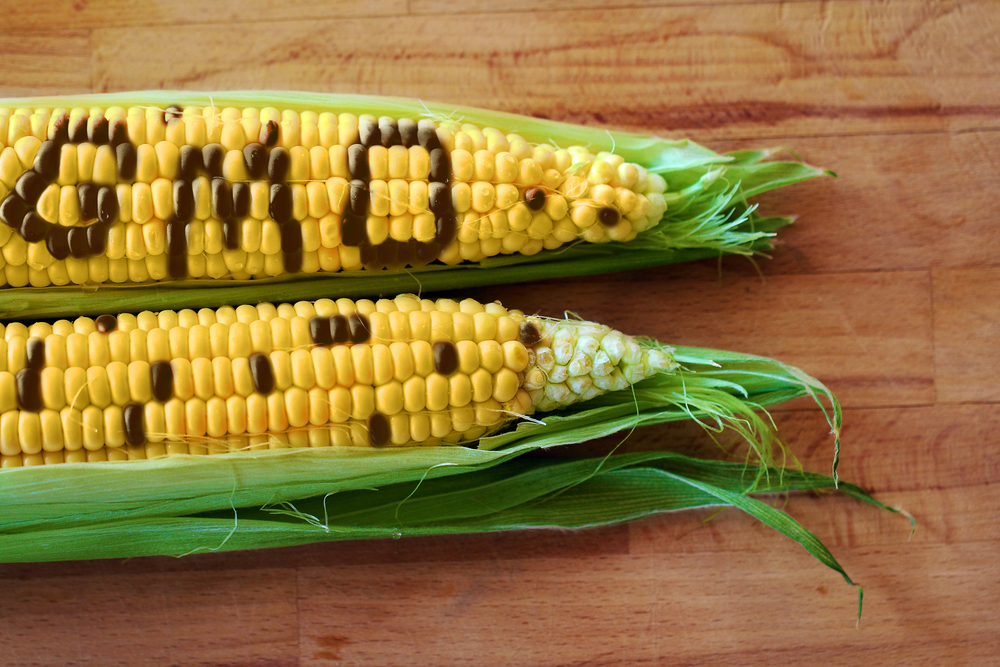China took five years to approve MIR162, a GMO corn made by Syngenta, and proposed new changes to the country’s regulations on genetically modified organisms threaten to further delay an already long approval process for imports of new GMO crops, according to Reuters.
China has been taking longer and longer to approve new biotech crops, has long been wary of GMO foods, and the consequences of accidently sending unapproved grains to the country can be devastating. Before the approval of MIR162 in December 2014, China rejected over 1.4 million tons of U.S. corn containing the unapproved genetic strain over the course of more than a year, triggering huge losses for the U.S. agriculture industry and prompting numerous lawsuits against Syngenta.
Proposed Changes to Chinese Regulations
The proposed changes include the removal of fixed periods for submission and review of new GMO crops, which will probably result in further delays for seed firms, and negatively impact the timeliness, predictability, and transparency of the Chinese biotechnology approval system.
Current Chinese law sets out three annual deadlines for the submission of GMO crops for approval: March 1, July 1, and November 1. At the time of each deadline, an expert biosafety committee meets to review all pending applications, and the Ministry of Agriculture, based on the committee’s evaluation, issues approvals at a later date. The new version of the law contains no fixed dates, and includes a clause stating that the ministry will consider economic and social factors in addition to scientific considerations, which it has traditionally included in its decision-making process.
China’s GMO approval process can take up to seven years, much longer than most other countries, and the country’s clout as a food importer (China is the final destination of more than 60 percent of all global soybean exports) makes seed companies hesitant to release new products to other markets until China approves them. Twenty-four GMO products are currently waiting for Chinese authorization, according to Bloomberg.




